When Translation Saves Lives!
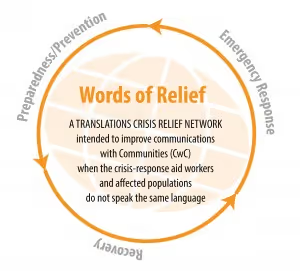
The Words of Relief (WoR) project was launched in Kenya in January, 2014. WoR, the first translation crisis relief network, attracted lots of attention from different organizations. Many thought it was a genius idea to ’close the communication gap that exists when the affected population and the crisis response aid worker do not speak the same language.’ They were excited that finally, some help had come their way and they didn’t have to worry about the language barrier anymore!
Since starting we have translated over 425,000 words into Swahili and over 50,000 words into Somali for our partners. Here are just a few of the documents that we have translated: the CDAC/Infoasaid Message Library, IFRC cholera messages, a manual for Disaster Preparedness from UNICEF, Facts about Floods Preparedness from the CDC, Disaster and Risk Reduction training manual for Feed the Children, International SOS Ebola posters and UNICEF wash cluster video scripts among others. Translation really matters and needs to be a priority in humanitarian response.
But it did take a lot of work, especially in building awareness among the aid organizations. Some organizations thought that they were still ‘okay’ using any community member to interpret their materials whenever they needed to communicate with the affected population. It took a lot of awareness and networking to show the organizations the need and the importance of having their crisis materials translated before a crisis occurs.
While we use some translation tools to do our Swahili translations, all of the heavy lifting was done by our team of translators. Despite machine translation being used by commercial companies around the world to make translation more efficient (using machine translation and then human editors), it has not been effectively used in languages of the developing world. Yet using the machine in a crisis situation could be very effective. During the WoR pilot, we sought to show that creating an engine out of crisis content would greatly improve speed of response. We trained the Microsoft Translator in Swahili with 428,000 crisis words, and when we tested the efficiency, the results were very impressive with a significant improvement in translation time. Instead of 4h 45 minutes to translate and edit 1,000 words, it now takes 3 minutes for the engine to translate and 23 minutes to edit the translation. We hope to carry this work forward, creating crisis engines for a number of languages around the world, and then making them available on our new Words of Relief Digital Exchange API.
In our quest to ensure that no one suffers or dies due to lack of information, we always try to prepare our partners and ourselves before a crisis or a disaster occurs. So we created a Spider Network of rapid response translators from 11 key regions in Kenya that are frequently affected by disasters. We conducted a 3-day training course in Nairobi for participants representing 11 different languages. We also did a one-day refresher training to motivate and improve the quality and speed of the volunteers who performed poorly during a crisis simulation exercise. Their translation skills and speed in response to a crisis improved significantly after the refresher training. These volunteers have been of great help to their communities and the government in their area. They currently use their translation skills to improve communication between their people and the government. This came with its challenges though; we had a few members drop out along the way.
As the project progressed, one of the significant results was the ability to apply our learnings to real crises in the world. The Ebola crisis in West Africa was a crisis of communication and the translation of Ebola messages was critical to curbing the emergency. The affected people desperately needed information; not in any language but in the language they understood most! It was difficult to find professional translators for West African languages so we used the Spider Network concept to train volunteers. We developed an Online Orientation to introduce translators to TWB, Words of Relief and crisis translation. Our partners contacted us, and we also jumped in to help close the language gap. We translated Ebola posters, cartoons, videos, SMS messages and maps among others, into 30 languages, Yes 30 languages! This represents about 81,000 words. The translations we did include an Ebola prevention video and posters, which helped prevent more deaths. Our translations really saved lives in West Africa.
Using the same Spider Network concept, we activated a Rapid Response Team of translators in preparation for the Nigeria elections. There was concern that there could be some violence during the elections. Therefore it was important to have a team who could assist in the translation of messages should violence erupt. We trained the team and though there was no need in the end, the team updated each other on the Skype Group we created.
In the same spirit, we created a Rapid Response Team of translators when the Nepal earthquake hit. We got over a 100 applications from volunteers to help with the translations. The team worked day and night to ensure that press releases, tweets, communication messages were translated into Nepali to prevent further deaths and inform people about what was happening. As we continued to receive documents from UNOCHA for translation, it became a challenge to deliver the translations on time. Though we had many volunteers in our database, only 7 were available and committed to help as the weeks progressed, and we needed to make sure more complicated materials were well edited. We are still helping with the Nepal translations. We cannot thank our volunteers enough for their relentless effort and time to save lives through translation. Jacobo Quintanilla, Community Engagement Adviser, International Committee of the Red Cross (ICRC) said, “Communicating with communities in their own language is vital to the effectiveness and adequacy of relief efforts. It is essential if we are committed to reach people with life-saving information, practical advice and, very importantly, if we want to listen to what they say. For example, having our #familylinks website in Nepali is key to let Nepalese people know we can help restoring contact with missing ones.”
As part of our Monitoring, Evaluation and Learning (MEL) plan, we conducted a Focus Groups Discussion with key organizations we have worked with to find out the effectiveness of the Words of Relief project. We were very pleased by the feedback we received. Many said that the translations made a big difference in their trainings and crisis response since the intended messages were “close to home,” in the language of the communities that desperately needed them. They also said that WoR was very helpful especially during their response to a crisis or disaster. Ferdinand Njue, Wescoord coordination, UNICEF said ‘’ Pre-packaged material in appropriate languages is very useful for WASH cluster members for quick and standardized emergency response.’’ The Message Library was very useful during the cholera outbreak in Kenya. We provided cholera messages both in Swahili and Somali.
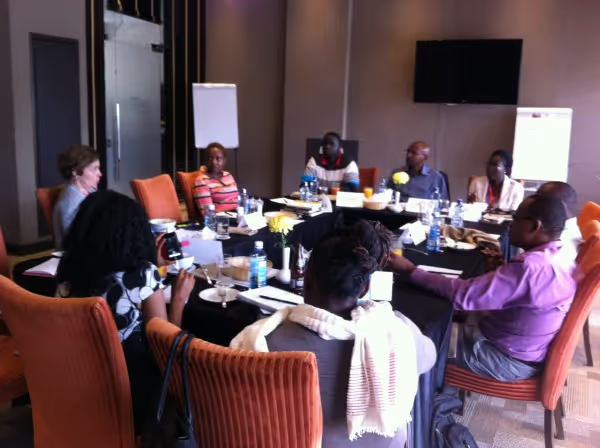
The participants recommended that there is need to create more awareness about translations during a disaster or crisis, which is part of our learning. Our new promo video will be very helpful in this.
We also conducted an Impact Study in both rural and urban Kenya to see how language affects comprehension. The results were quite telling.
When first asked questions about Ebola, the respondents collectively only got 6 percent of the questions right – knowledge about how to get and how to treat the disease was quite low. Next, we gave half the participants information about Ebola in English – and collectively that group raised their percentage of right answers to 24% - 18 percent better than previous knowledge. We gave the other half the same information, but in Swahili. Collectively this group answered 92 percent of the questions on Ebola correct! Just by receiving the information in the right language, the knowledge of the disease rose from almost nothing to almost complete! That is the power of language.
In conclusion we feel that the Words or Relief pilot has been a successful project. We have gained a lot of experience and learning that we will apply in our next phase…We are thankful to our donors, the Humanitarian Innovation Fund, Indigo Trust, and Microsoft Technology for Good. Translation really does matter!
Stay updated
Sign up for our newsletter to receive regular updates on resources, news, and insights like this. Don’t miss out on important information that can help you stay informed and engaged.
Related articles
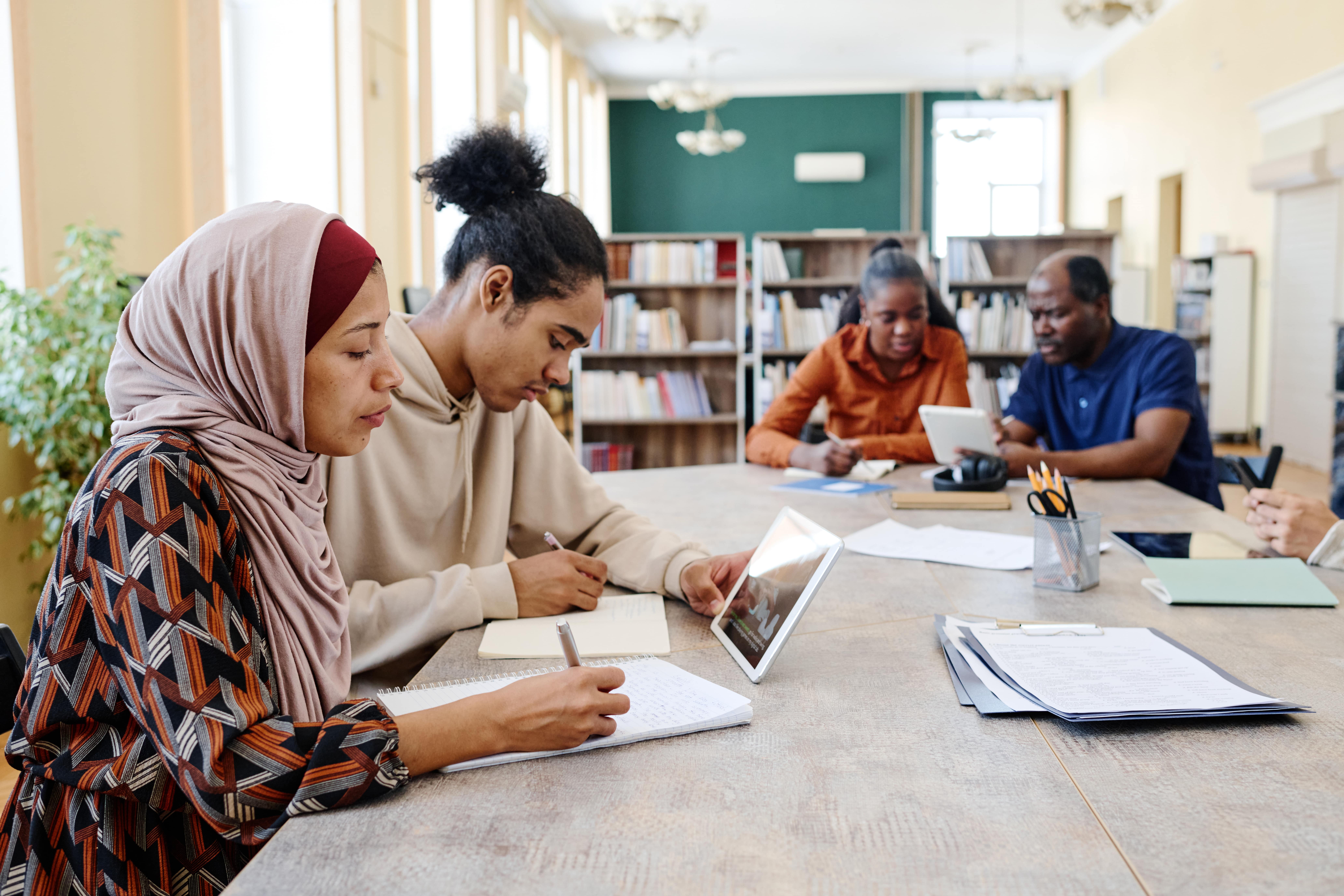
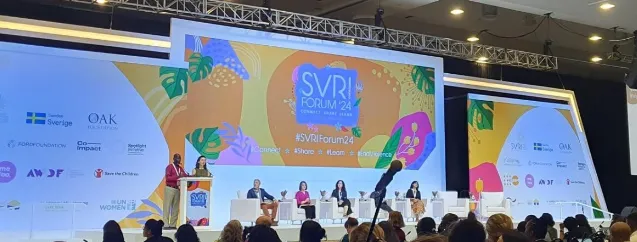
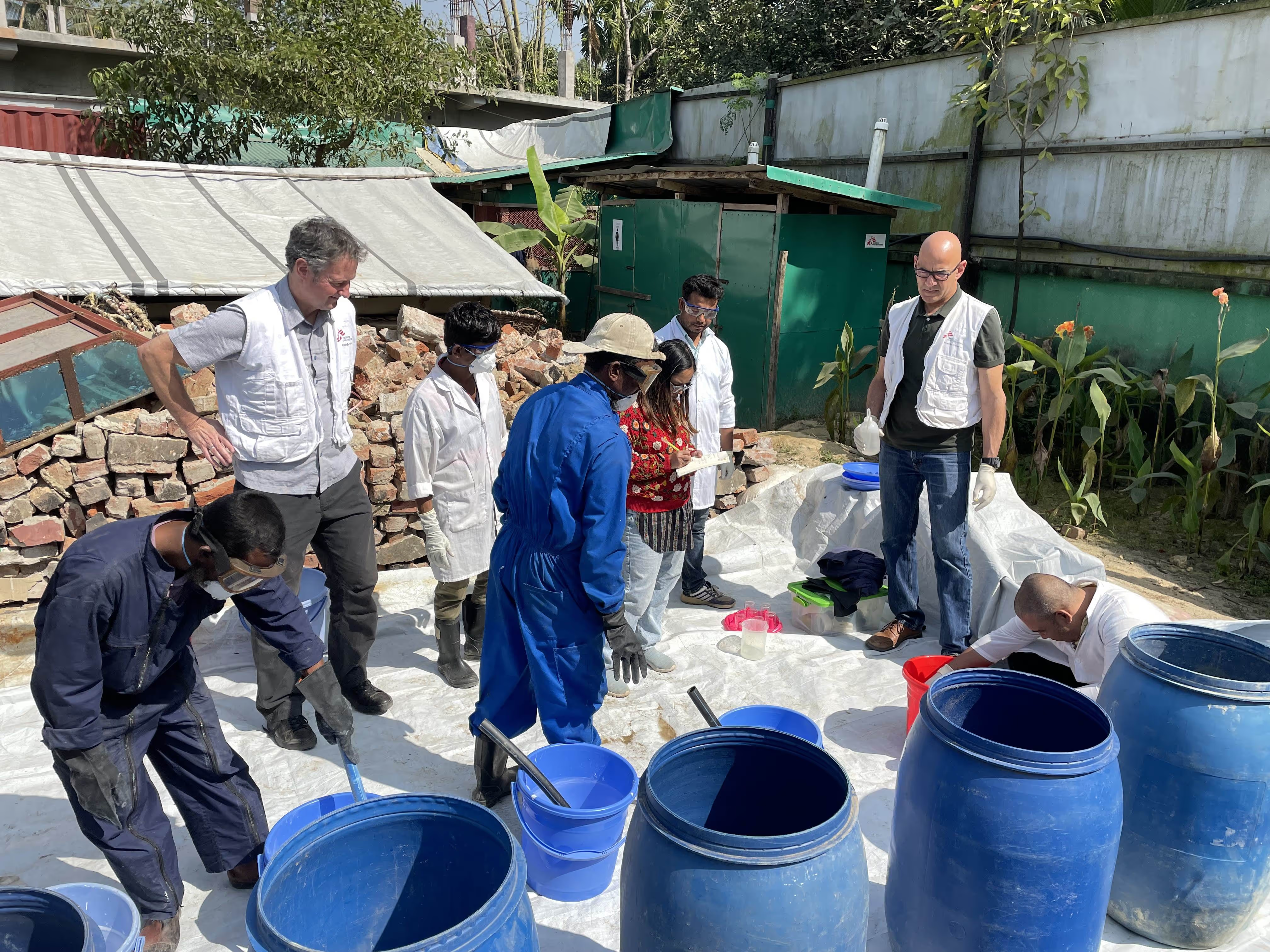
Explore Elrha
Learn more about our mission, the organisations we support, and the resources we provide to drive research and innovation in humanitarian response.